

The last thing anyone wants is to focus on another election. But to break the cycle of electing red-state RINOs, we need to start recruiting for the 2026 midterms soon.
Conservative supporters of President Trump are frustrated that most Republican senators from deep red states backed John Thune (S.D.) or John Cornyn (Texas) for Senate majority leader on Wednesday. They have a right to be disappointed, as these senators squandered a historic mandate by choosing a younger version of Mitch McConnell’s worldview to lead the Senate. But they should also look in the mirror.
Ten years into the MAGA movement, there’s no excuse not to have DeSantis-level leaders in states Trump won by a landslide.
I personally opposed nearly every current Senate RINO in red-state primaries for years, while others ignored the primaries. This year, red-state RINOs like Roger Wicker of Mississippi, Deb Fischer of Nebraska, and Kevin Cramer of North Dakota easily won renomination with support from Trump and his movement. I featured some of their primary challengers on my show multiple times, but the major names in the industry largely overlooked them. Now, Ukraine supporters like Wicker, who backed Thune for majority leader, will chair powerful committees. In Wicker’s case, he’ll head the Armed Services Committee.
The majority leader vote confirms that we did ourselves no favors by nominating candidates like Tim Sheehy from Montana and Jim Justice from West Virginia when we had the chance to rally Trump behind better candidates. Bernie Moreno from Ohio was the only freshman who supported Rick Scott, likely due to the influence of fellow Ohioan JD Vance.
This time must be different. As we look ahead to 2026, we have a chance to correct past mistakes and activate our base in the primaries. Here’s a list of Senate seats from reliable red states that are in cycle.

Nineteen Republican senators are up for re-election from solid red states. North Carolina is the only state that might be competitive in a tough year, but Republicans have won there recently. All incumbents are expected to run again, except Mitch McConnell, who will likely retire. But how many of these incumbents deserve renomination in the primary? What have they done for us?
Only a few supported Rick Scott for majority leader. At best, I see five of the 19 as potentially decent, although none stand out as superstars. But Shelley Moore Capito, John Cornyn, Mike Rounds, Lindsey Graham, Thom Tillis, Pete Ricketts, Cindy Hyde-Smith, Bill Cassidy, Joni Ernst, James Risch, and Dan Sullivan? Seriously? Is this the best we can get from solid red states?
Democrats, meanwhile, will need to defend swing-state senators who Republicans are likely to target in states such as Georgia, Michigan, and possibly New Hampshire. Republicans will also need to defend a seat in Maine. But the majority of competitive races should happen in primaries in deep red states, and there are plenty of those this cycle. Shouldn’t we start strategizing for those states right now?
Now, let’s look at the race for governor. Most red-state governorships are up for re-election in 2026. Why do we only have one DeSantis? If he could turn Florida to the right while governing as one of the most conservative executives in recent memory, why can’t we have leaders like him in even more conservative, rural red states? The 2026 midterms offer a rare opportunity, with several open seats in play. Here’s a list of red states with governor’s elections on the ballot:

If we exclude Georgia, 14 reliably Republican states will hold governor’s elections, many with open seats. Besides Kim Reynolds of Iowa and Sarah Huckabee Sanders of Arkansas, no one else is close to DeSantis’ level. DeSantis himself is term-limited in Florida. Conservatives have a golden opportunity to flip open seats in Alabama, Alaska, Ohio, Oklahoma, South Carolina, South Dakota, Tennessee, and Wyoming.
Ten years into the MAGA movement, there’s no excuse not to have DeSantis-level leaders in states Trump won by a landslide. We also need to find a successor for DeSantis, challenge RINO Brad Little if he runs for a third term in Idaho, and consider giving Greg Abbott a serious challenge if he confirms his bid for a third term in Texas.
It’s not all bad news. Excitement and focus on politics have surged after Trump’s landmark victory. The race for Senate majority leader captured strong attention. Now, we must channel that enthusiasm into primaries, special elections, off-year elections, and down-ballot races. This time, it must be different.
.png)
 1 week ago
11
1 week ago
11




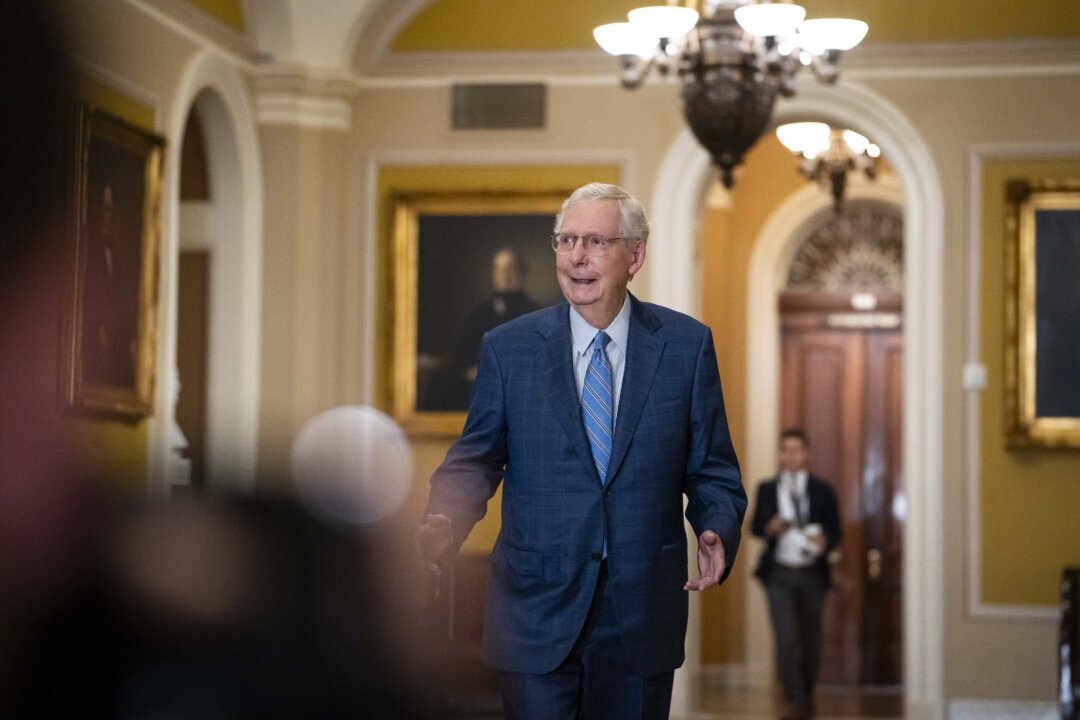
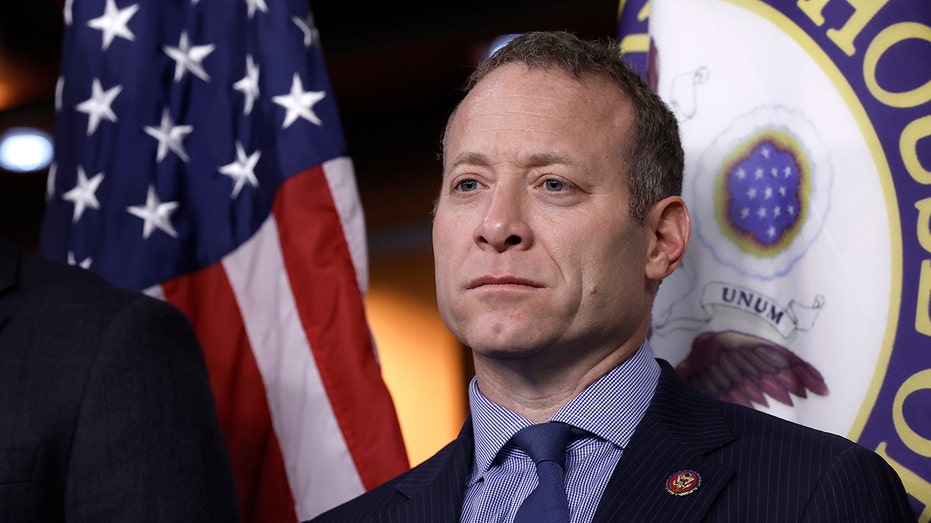


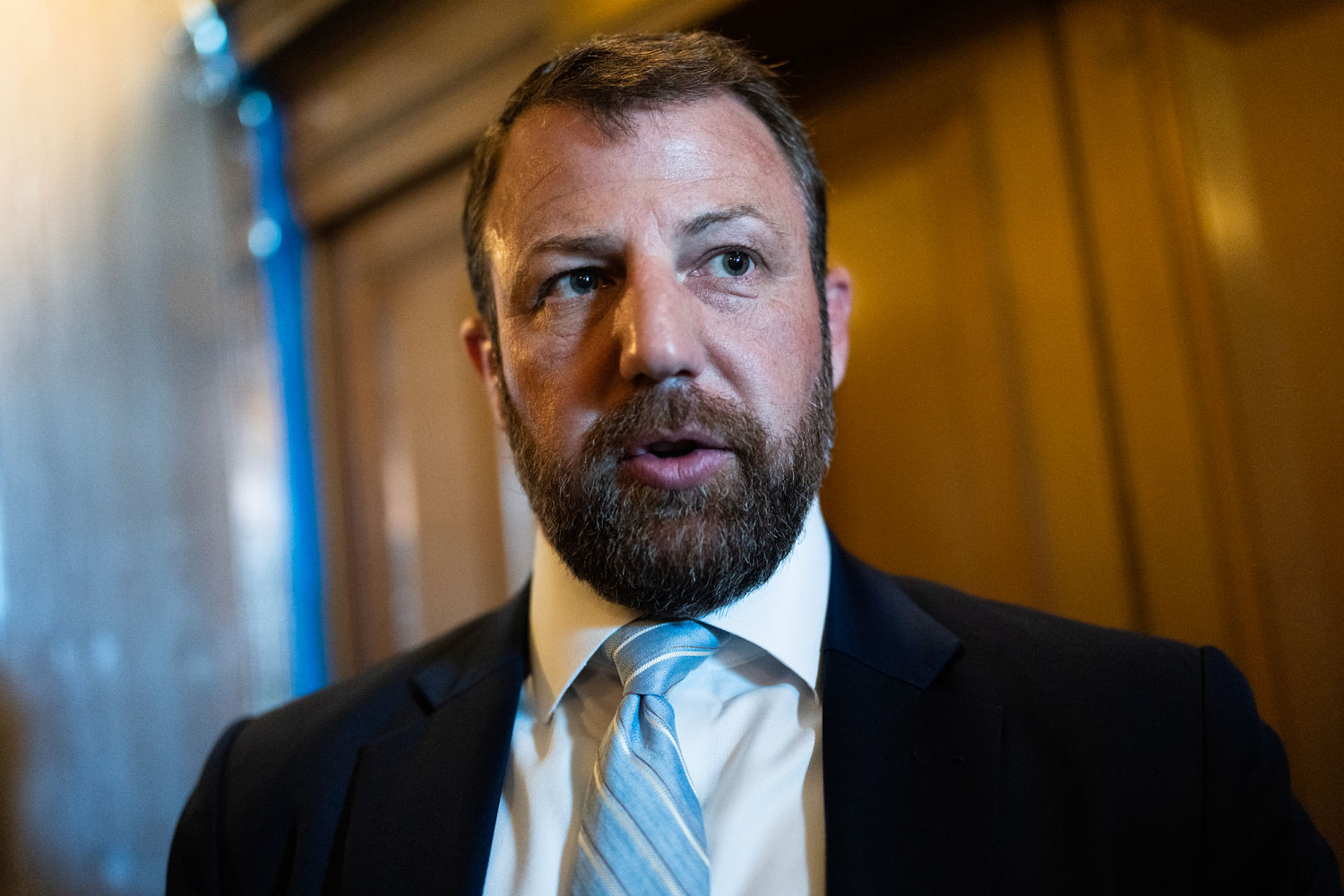
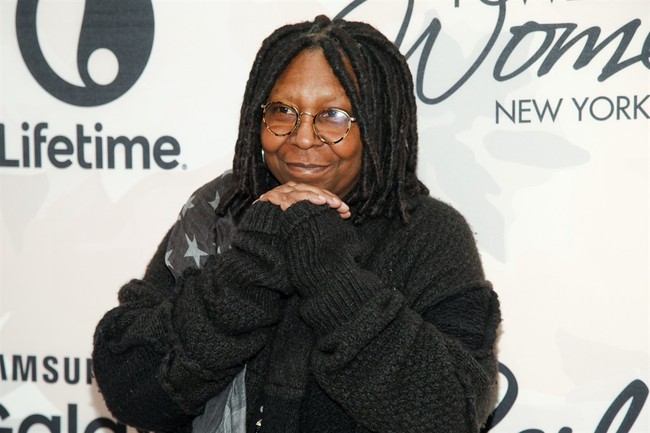
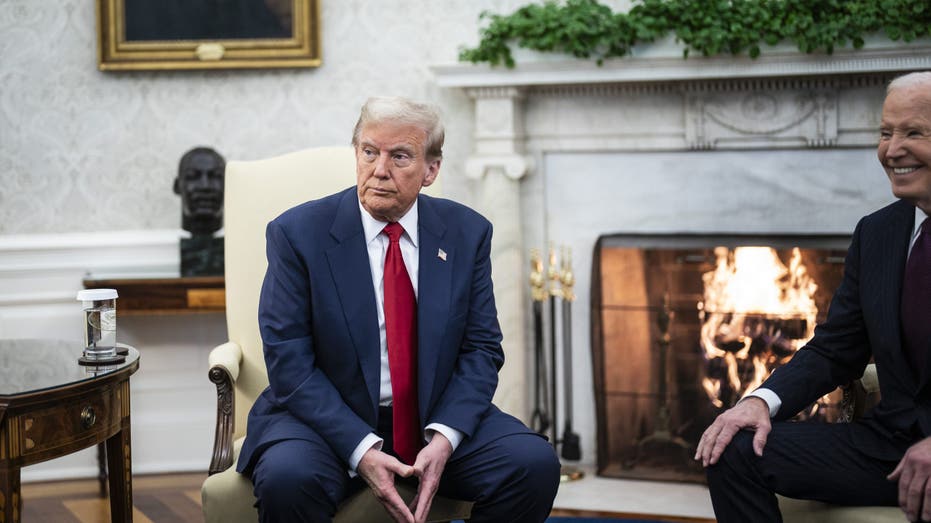
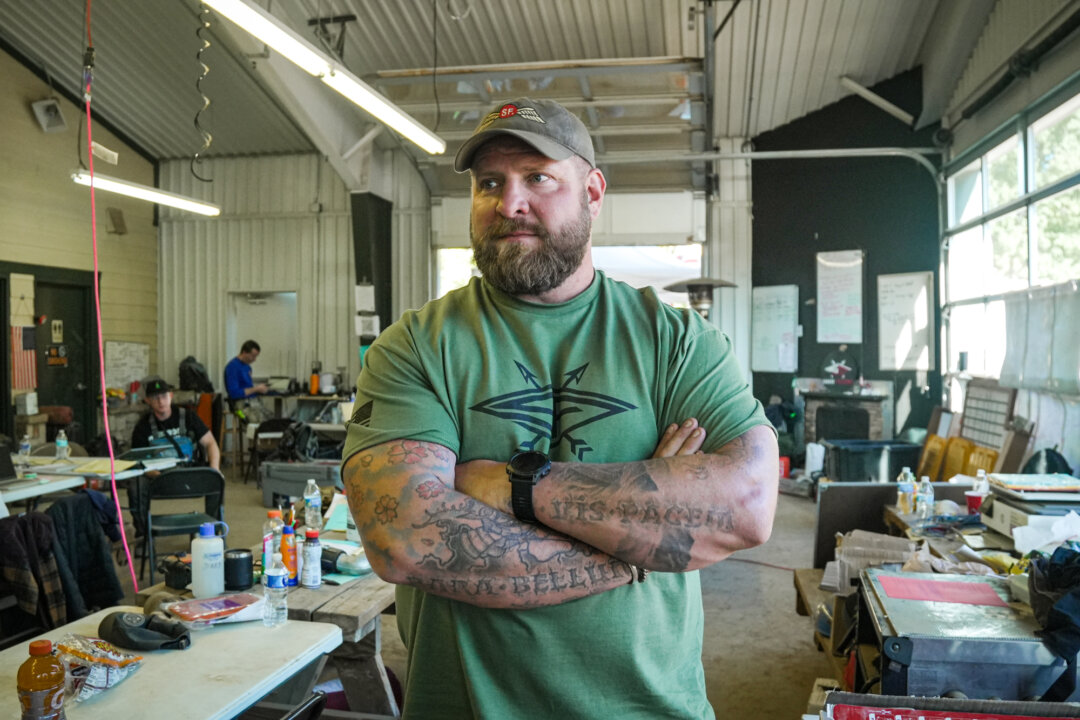



 English (US)
English (US)